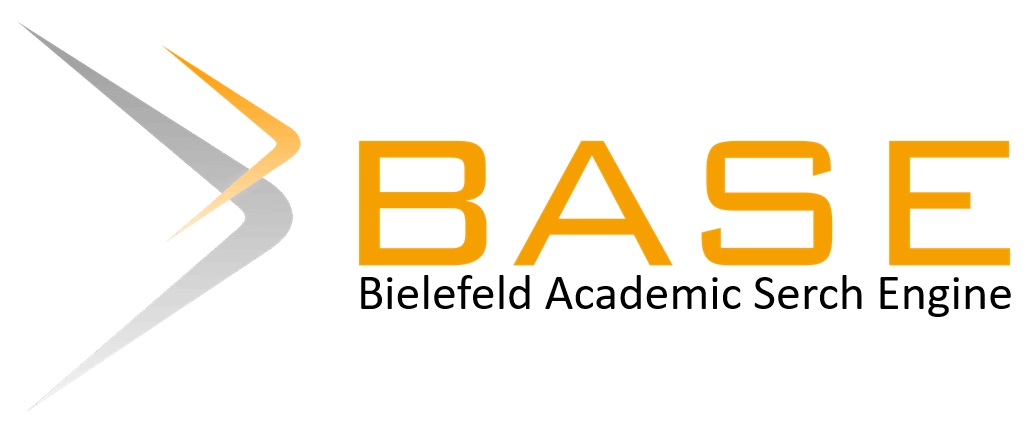IMPLEMENTASI METODE TAKRIR UNTUK MEMPERCEPAT MENGHAFAL ALQUR’AN BAGI SISWA DI SEKOLAH DASAR
DOI:
https://doi.org/10.35316/edupedia.v8i1.2935Keywords:
Implementation, Takrir Method, Memorizing Qur'anAbstract
In Indonesia, there are currently many places that provide education to thoroughly master the knowledge of the Al-Qur'an, but there are also places that provide education to become a Hafiz or Hafiza. SDIT Nurul Anshor is no exception, he is one of the educational institutions involved in the birth of little Hafiz and Hafiza. The takrir method is an effective method for improving memory and preserving the Al-Qur'an. To find out the effectiveness of memorizing the Koran with takrir strategies for students. In this study, the authors used a qualitative approach. There are two of his data in this survey: primary data and supplementary data. Data collection techniques include observations, interviews and documentation. Here are the findings: The implementation of Al-Qur'an memorization by takrir method in SDIT Nurul Anshor uses one page one page deposit system. Students then perform takrir before and after memorization in pairs, then a new memorization with ustadzah, and finally a memorization retest. Factors supporting the practice of Al-Qur'anic memorization in SDIT are parental and teacher motives, friend and environment motives, and good mood. Bad mood, unhealthy physical condition, laziness, and poor time management are the factors that prevent you from practicing Al-Qur'an memorization in SDIT.
Downloads
Published
How to Cite
Issue
Section
License
Edupedia: Jurnal Studi Pendidikan dan Pedagogi Islam adopts the Creative Commons Attribution–ShareAlike 4.0 International License, which allows users to reproduce, modify, and distribute published articles in any medium for lawful purposes, provided that appropriate attribution is given to the original author(s) and the journal, the license is properly cited, any changes are clearly indicated, and derivative works are distributed under identical licensing terms.
Upon publication in Jurnal Kesehatan Vokasional, authors confer to third parties the rights to use their articles in compliance with the Creative Commons Attribution–ShareAlike 4.0 International License.
Copyright on articles is retained by the respective author(s), without restrictions. A non-exclusive license is granted to Edupedia: Jurnal Studi Pendidikan dan Pedagogi Islam to publish the article and identify itself as its original publisher, along with the commercial right to include the article in a hardcopy issue for sale to libraries and individuals.
![]()















